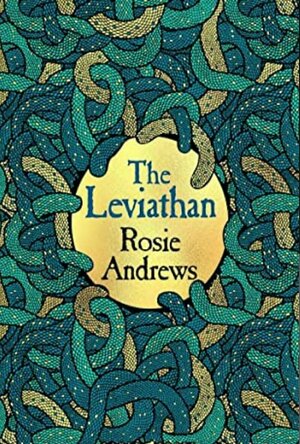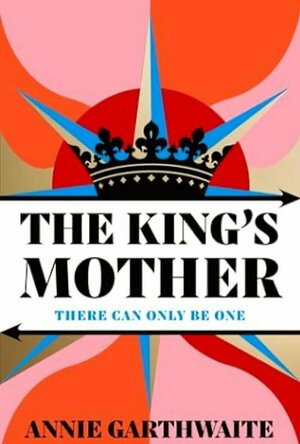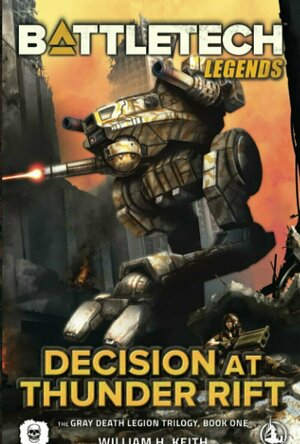
Redemption (The Hacker Chronicles #2)
Book
Saturday, the second day of July, in the year of our Lord, 1644, will be a day long remembered by...
Historical Fiction English Civil War

Can Machines Bring Peace? (The Thinking Machine Trilogy #1)
Book
Can a machine bring peace? Or are humans built for war? 450 years after Earth was bombed back to...
Science Fiction

While Paris Slept
Book
Paris 1944 A young woman's future is torn away in a heartbeat. Herded on to a train bound for...
Historical fiction WW2 Paris California

Before Beltane: A Prequel to the Celtic Fervour Series by Nancy Jardine
Book
Two lives. Two stories. One future. AD 71 Northern Britannia At the Islet of the Priestesses,...
Historical Fiction Roman Empire Ancient World

The Becalmer
Book
Harica is gifted with the ability to defuse conflicts using her mind. When she is recruited to...
Young Adult Science Fiction

The Leviathan
Book
SHE IS AWAKE... Norfolk, 1643. With civil war tearing England apart, reluctant soldier Thomas...
Historical fiction Gothic Witches Mythology

The Misadventures of Margaret Finch
Book
Blackpool, 1938. Miss Margaret Finch - a rather demure young woman - has just begun work in a...
Historical fiction Blackpool The Mass Observation Project

Fishing With Tolstoy
Book
FISHING WITH TOLSTOY is a timely and heartwarming story of friendship that pokes tongue-in-cheek fun...
war fiction drama

The King’s Mother
Book
1461. Through blood and battle Edward has gained England’s throne – king by right and conquest...
Historical fiction Plantagenets British history 15th century

Decision at Thunder Rift: Book One of The Saga of the Gray Death Legion
Book
THE EPIC FIRST NOVEL OF THE LEGENDARY SCIENCE FICTION SERIES... Thirty meters tall, seventy tons...